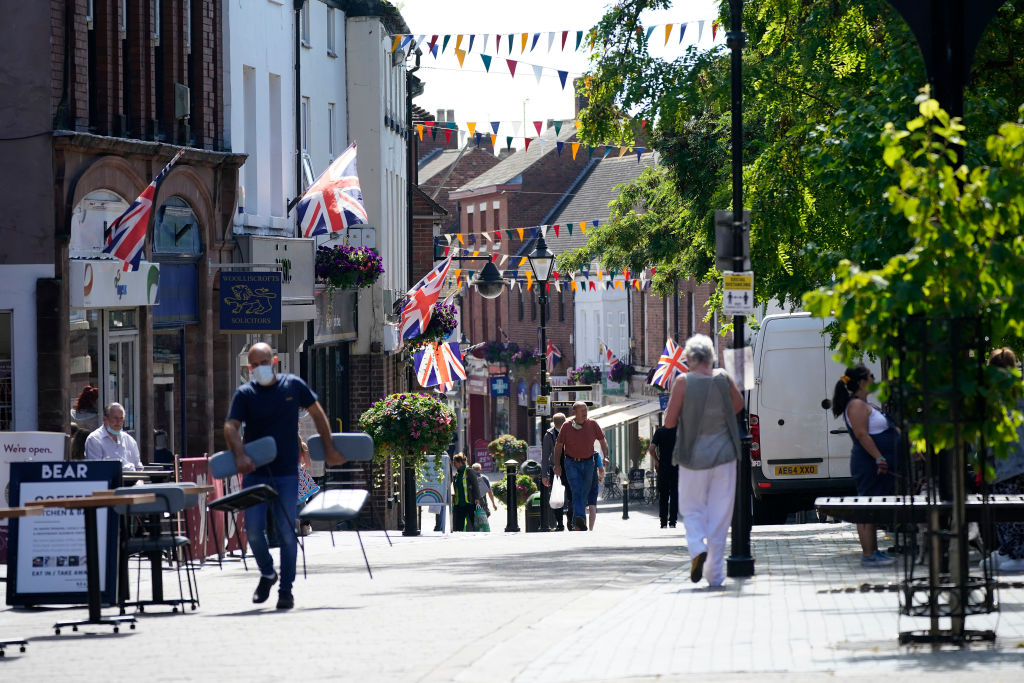A general view of Stone High Street following an increase in cases of the coronavirus disease on July 30, 2020 in Stone, England. (Photo by Christopher Furlong/Getty Images) The UK has launched a £6.85 million aid to protect high street supply chains in developing countries.
The funding will focus primarily on supply chains and workers in Myanmar, Bangladesh, Kenya, Uganda, Ethiopia, Tanzania, Rwanda and Ghana.
These countries provide huge proportions of the world’s food, flowers and clothes. Ghana alone produces a quarter of the world’s cocoa and Bangladesh is the world’s second largest garment exporter.
The aid, announced by International development secretary Anne-Marie Trevelyan, made up of £4.85 million UK aid and £2 million from businesses and will support nearly a million people in these countries, including workers and their families, an official statement said.
The UK imports 20 per cent of its food and drink from developing countries. The new vulnerable supply chains facility will help to ensure the steady supply of products like vegetables, coffee and clothes.
“The new facility will fund programmes to improve coronavirus preparedness in workplaces, help farmers diversify the crops they produce to meet demand, and provide support so farms and factories can put processes in place to keep production going and make sure help is getting to the most vulnerable workers,” said Anne-Marie Trevelyan.
“As part of the scheme, the ethical trading Initiative will improve workplace health and safety for vegetable, coffee and flower suppliers to UK brands such as Sainsbury’s, Co-op, Waitrose and Tesco. It is estimated that 10,000 workers in African countries, mainly women, will benefit from safer working environments.”
The UK aid fund will partner up UK businesses including Morrisons, Tesco, Marks & Spencer and Primark with expert organisations such as CARE UK, the Fairtrade Foundation and the Ethical Trading Initiative to improve working conditions and support greater access to healthcare and health information for workers in some of the world’s poorest countries.
“The east African agricultural workers who supply so much of our food and flowers have been hit hard by Covid-19, and DFID’s support for this intervention will help protect thousands of jobs, and protect workers from infection as the regional economy begins to recover,” said Peter McAllister, executive director at Ethical Trading Initiative.
Marks & Spencer and CARE will work together to improve health services for 80,000 factory workers in Bangladesh. The programme will strengthen community health care systems and deliver targeted health messaging in […]
